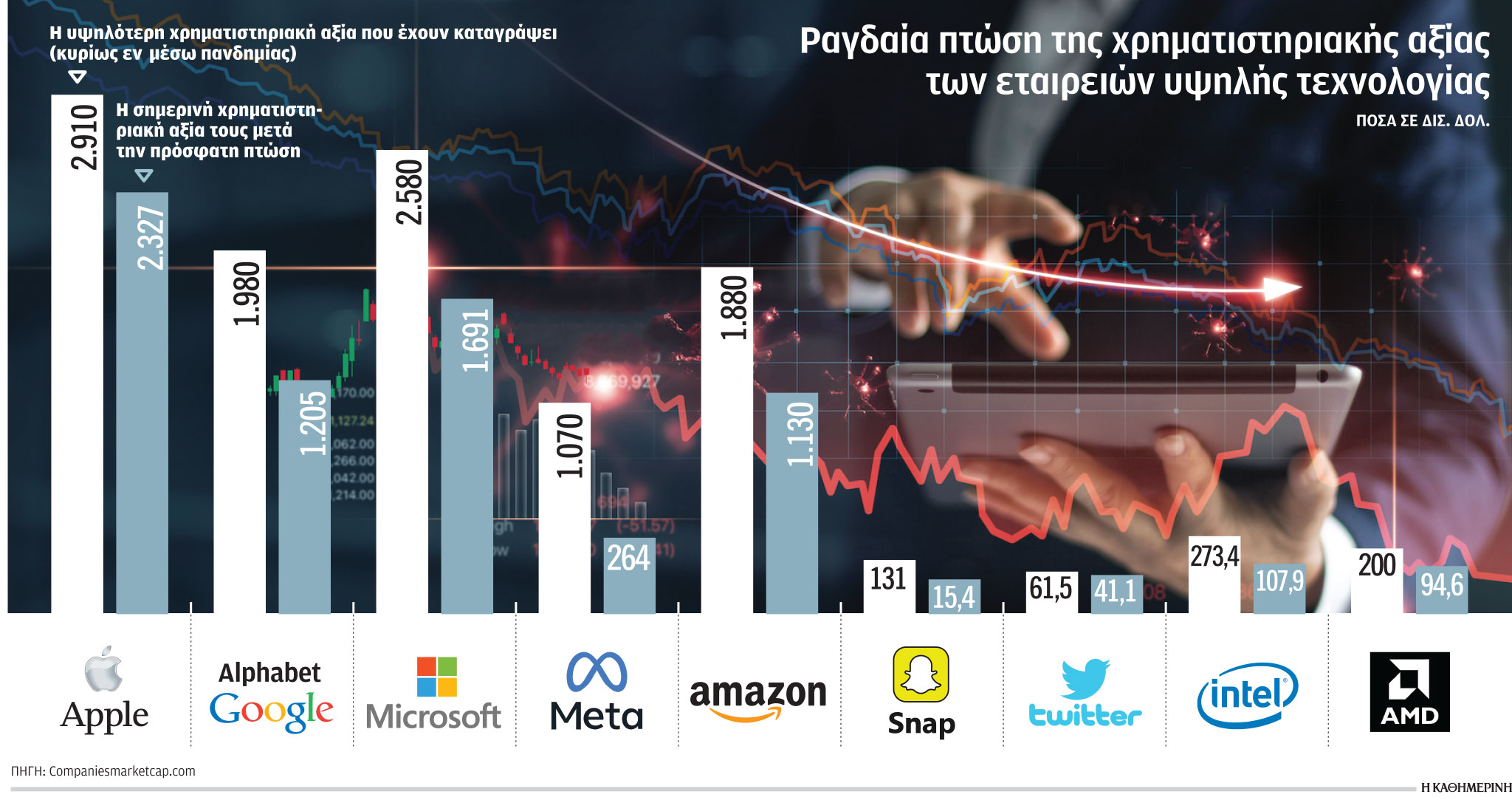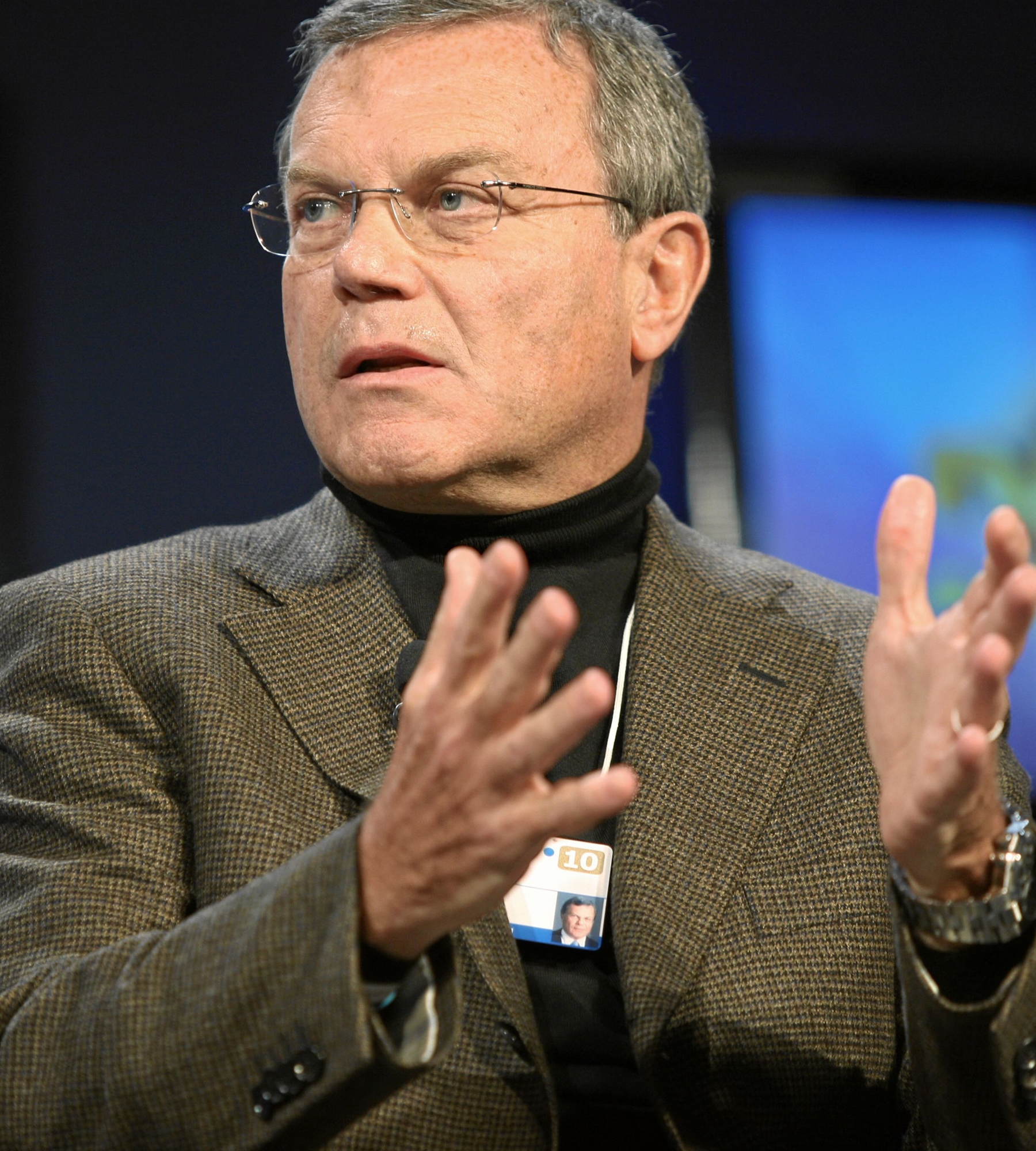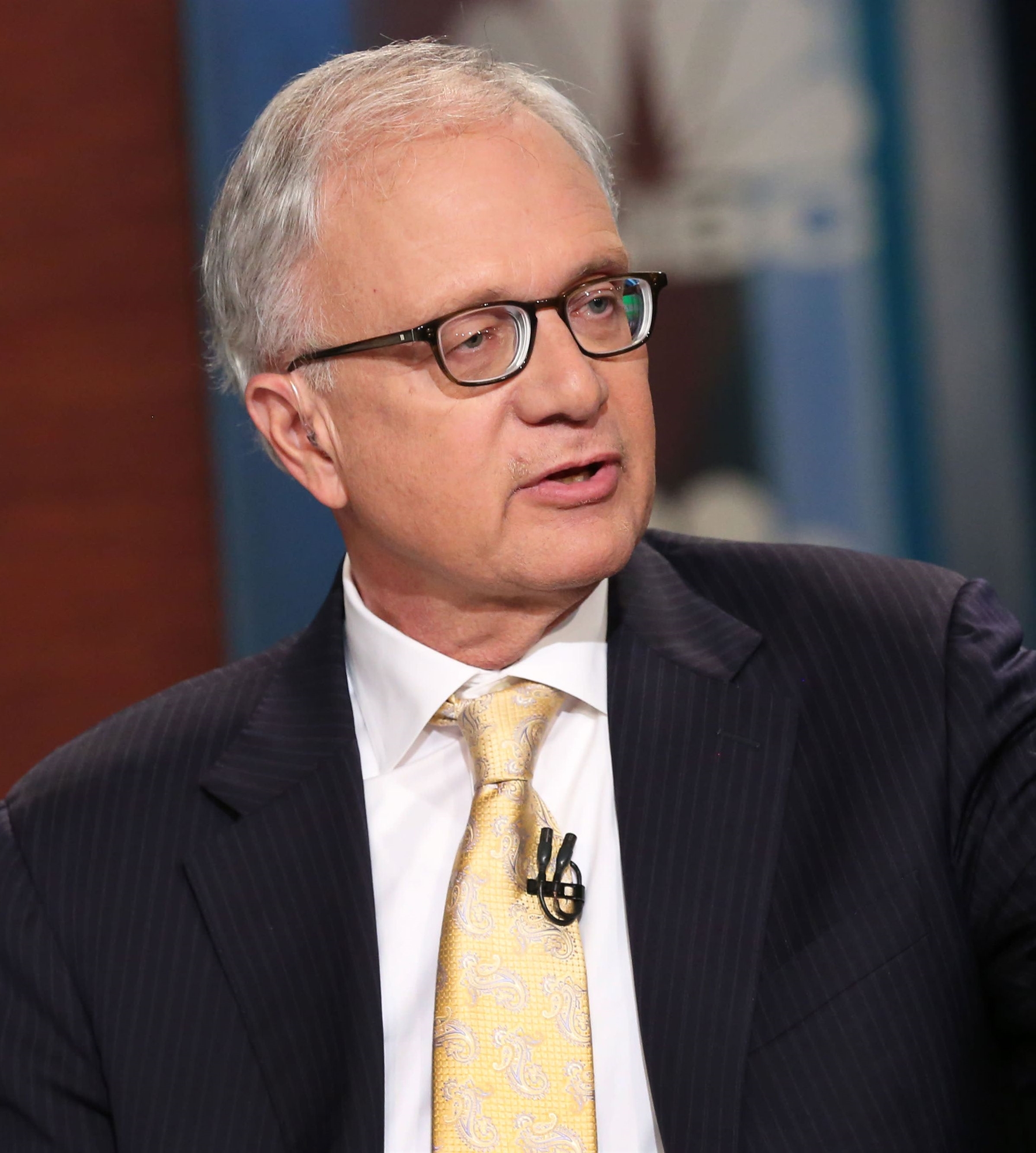
Over the last decade they have built or at least imagined flying cars, virtual universes and virtual identities, space travel and the colonization of the planet Mars. Their imaginations have been fueled, especially in the last nearly three years, by the oceans of money they have been swimming in thanks to the pandemic and the dependence of all of us, working and non-working, on their accomplishments. Teleconferencing, videoconferencing, telecommuting, teleshopping became a necessity when blockages entered our lives. Recently, however, the totality of events shows that it is time for high-tech companies to abandon science fiction and land on the ground, offering everyone, including the most famous tech giants, something that is really useful.
One by one, the international giants are announcing layoffs and hiring suspensions.
In recent days, while Elon Musk has occupied the world’s media with his grandiose plans to transform Twitter, which are currently limited to massive layoffs of executives and rank and file employees, he feared and still fears a crisis between the founder of Facebook, the renamed Meta and shareholders of the company who do not agree with Mark Zuckerberg’s “Metaverse” ranting. At the Wall Street Journal’s Tech Live conference last week, industry leaders acknowledged that they turn to their less exciting and sometimes mundane activities because they make a profit, simply because they offer people and businesses something what they really want. they need, they need, and they want. Among them is Evan Spiegel, chief executive of Snap, Snapchat’s parent company, who said his company is cutting back on expensive new hardware products like the money-losing Pixy drone and focusing on its core business. At the same time, giant Amazon announced that it was “freezing” hiring due to the “uncertain state of the economy.” A few days earlier, there were similar announcements from Microsoft and Alphabet, Google’s parent company, to minimize or even “freeze” hiring. And at the same time, a number of less or equally well-known companies, from online sales and payments company Stripe to rival Uber Lyft, have announced 13% and 14% layoffs. In short, tens of thousands of layoffs due to falling sales and profits, falling inventory.
And not only them. They were preceded within a year by similar moves by Netflix, Uber, Apple, as well as smaller tech companies such as digital investment platform Robinhood, digital cryptocurrency exchange Coinbase, Snap, Snapchat’s parent company, which laid off 20% of its staff in August. And, of course, the constant fall of cryptocurrencies, which leads to the closure of companies with a great risk for these opaque investments. All of this came at a time when tech stocks were in free fall, reporting disappointing results and falling sales, from Microsoft, which is seeing a decline in Windows sales, to Alphabet, Google’s parent company, whose profits are down 27% on a yearly basis. compared to last year as advertising agencies. cut costs.

Zuckerberg: Shareholders are arguing over the “Metaverse”
Mark Zuckerberg became a visionary, as did many other founders of tech giants. In this way, he managed to convince investors to trust him blindly and, in fact, leave him complete control over Facebook or Meta, as he renamed it. However, they regretted it, since Zuckerberg spends billions of dollars of company funds on his mysterious “Metaverse”, and the Meta is not only unprofitable, but also unprofitable. And Zuckerberg seems determined to pour many more billions into this virtual reality black hole. Meta shares are down 75% this year YTD and are down 25% in session last Thursday alone, when the company reported a $9.4 billion loss in its Reality Labs division, which makes the metaverse a “metaverse” that that is, from the first nine months of the year. He even predicted that losses would rise “significantly” next year. According to technology industry analysts, this sharp drop is not caused by the same reasons that led to the decline in the technology industry as a whole. And as if that weren’t enough, he angered investors by saying Meta’s capital spending will hit $39 billion next year, double the amount spent in 2021. But worse, investors are discovering that there is no way to block Zuckerberg’s absurdity. The hi-tech “terrible kid” who created Facebook as a student has managed to own only 13% of the Meta’s shares, but controls 54% of the vote, as he has collected as many shares in his hands as they have a preferred status in terms of number. the votes they control. Therefore, he is able to advance his plans, no matter how strongly the shareholders disagree, who cannot stop him.
Speaking to the Financial Times on the matter, David Alder, managing director of investment firm Carmignac, which has invested in Amazon, Microsoft and Google but not Meta, said: “No one can know if this company is heading in the right direction.” direction or not. “Not until at least five to ten years have passed.” As for Meta itself, when asked by reporters about the extent to which shareholder objections would affect its plans, the company simply replied: “We respect and value the point of view of our investors and communicate with them regularly to be aware of their point of view.” . A collision is probably inevitable.
Ad revenue down, Twitter listings down
Conflicts with investors, worries about wasting money on ill-advised investments that are unprofitable or even unprofitable, and uncertainty about tech company policies have a direct impact on what every company is interested in, whether in the tech industry or outside of it. advertising pie. During the first waves of the pandemic and lockdowns, the ad revenues of the tech giants skyrocketed. The advertising industry estimates that Amazon, Google and Facebook/Meta’s share of ad revenue has doubled in less than five years. In particular, in the US, Google, Facebook and Amazon began to control 64.1% of the advertising market. However, now these titans even get into advertising.
As of this writing, Twitter is back in the spotlight, with layoffs accepted by its new owner and class-action lawsuits filed against it by those fired. In the meantime, however, Volkswagen, Audi, General Mills and General Motors have already announced their decision to at least temporarily suspend paid advertising on Twitter until the social network’s new strategy is clarified. Likewise, clients of advertising mogul Martin Stuart Sorrell’s S4 Capital Plc, as well as rival Interpublic Group, are on hold. And this is because so far nothing is clear about the intentions of its new owner, Elon Musk. And, of course, Volskwagen was not satisfied with this, but also recommended that its group companies, Seat, Cupra, Audi, Lamborghini, Bentley, Ducati and Porsche, do the same. IPG Mediabrands has given the same recommendation to its clients.
However, at the same time, Martin Stuart Sorrell, founder of the world’s largest advertising and PR group WPP and chairman of S4 Capital Plc, openly stated that “the problem for advertising is not Twitter under Elon Musk, but the owner of Facebook Meta Platforms. As he noted, “Snap and Twitter represent about 1% of the world’s digital media.” In contrast, the top four digital advertising platforms are Meta, Alphabet, Amazon.com, and TikTok by Bytedance Ltd. However, he stressed that “customers who are interested in advertising don’t want conflict, they don’t want contentious choices, they want a stable environment, and all we’ve been seeing lately is a lack of coherence and consistency.” And this is reflected in the already registered changes. In the first quarter of 2022, Facebook’s ad revenue grew by just 6.1%, while six months earlier, in the second quarter of 2021, it grew by 56%. It is clear that they have taken the plunge and this is likely to spread throughout the industry in part because of the new rules that the EU has put in place.

Problem
Despite the problems Elon Musk may face with advertiser concerns about the new Twitter, ad mogul Martin Sorrell stressed that “the problem with advertising isn’t with Musk, it’s with Facebook parent company owner Mark Zuckerberg. “Zuckerberg is the problem.”
Future
Analyzing the reaction of his company’s shareholders to his less-than-profitable investment in the “Metaverse”, Mark Zuckerberg, founder of Facebook, which has been renamed Meta, said he understands that many disagree, but “it would be a mistake not to focus on those areas.” that will be important in the future.”
Developments
Commenting on the recent drop in tech stocks, Ed Yardeni, president of Yardeni Research, called “a healthy trend” and noted that “money is moving away from the big tech stocks towards some of the more traditional members of the Dow. and this is an encouraging development.”
Source: Kathimerini
Lori Barajas is an accomplished journalist, known for her insightful and thought-provoking writing on economy. She currently works as a writer at 247 news reel. With a passion for understanding the economy, Lori’s writing delves deep into the financial issues that matter most, providing readers with a unique perspective on current events.

